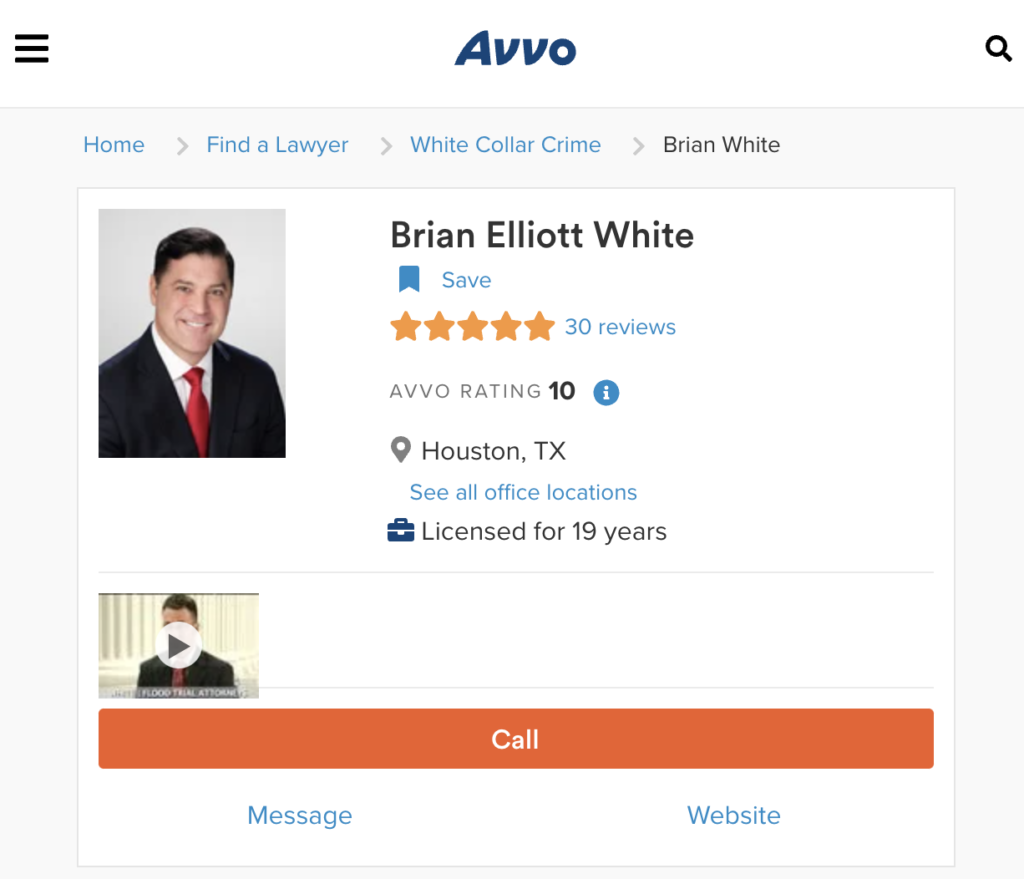How Much Is My Personal Injury Claim Worth in Massachusetts?
Many factors impact how much you can recover from a personal injury claim. Some are statutory factors that apply in every case; others are case-specific.
Understanding the types of damages available in a Massachusetts personal injury case can help you determine your case’s value.
Types of Damages Awarded in Personal Injury Cases
Contents
Generally, you can receive three types of damages when another party causes you injury: economic, non-economic, and punitive. These damages are typically available in all injury cases, including fatal car accidents, medical malpractice, product liability claims, slip and fall accidents, and more.
Compensatory Damages
Compensatory damages are divided into two categories.
Special damages, or “economic damages,” represent an injury victim’s financial losses and out-of-pocket expenses related to an accident and injury.
Examples of economic damages include:
- Medical bills
- Therapy expenses
- Medications and medical equipment
- Travel expenses to and from medical appointments
- Loss of income, including a reduction in earning potential
An injury victim proves the value of these damages through receipts, invoices, bills, and pay stubs. Future financial losses are also available in a personal injury claim, including ongoing medical care and future lost income. Medical experts and economists often assist in estimating future financial damages.
General damages, or “non-economic damages,” represent the pain and suffering an accident victim experiences because of an injury or accident.
Examples of general damages include:
- Physical pain and discomfort
- Mental anguish and trauma
- Emotional distress
- Psychological injuries, including anxiety, depression, and PTSD
- Scarring, disfigurement, and permanent impairments or disabilities
- Decreases in quality of life and enjoyment of life
Non-economic damages are subjective and therefore more difficult to calculate. There is not a statutory formula for valuing pain and suffering.
Many personal injury lawyers, insurance providers, and juries use the multiplier method to value non-economic damages. Parties assign a number between 1.5 and five to a victim’s case based on the severity of their injuries and other factors. Then, the parties multiply that number by the total amount of economic damages to arrive at a value for pain and suffering losses.
Punitive Damages
These damages are unique as they are not compensatory in nature. Instead, punitive damages “punish” the at-fault party for egregious wrongdoing, such as wanton, willful conduct taken without regard for others’ safety.
Factors That Impact the Value of Your Personal Injury Claim in Massachusetts
Common factors that impact how much money a personal injury claim is worth are:
Damages Caps
Some states limit the amount of money a victim may receive for non-economic damages. Massachusetts does not cap non-economic damages, except in medical malpractice cases.
According to MGLA 231 §60H, there is a $500,000 cap on non-economic damages in actions against health care providers.
There is an exception to the rule. The jury may award a higher amount for non-economic damages if the jury finds that there is:
- Substantial disfigurement
- Substantial or permanent impairment of a bodily function
- Other special circumstances that warrant a higher amount for general damages
The jury must find that the imposition of a cap would deprive the victim of just compensation for the injuries incurred.
Comparative Negligence
You must prove that the other party was at fault for the cause of your injury to recover injury-related damages. However, suppose you were partially responsible for the cause of your injury. In this case, Massachusetts’s comparative negligence law will reduce your damages to account for your share of the blame.
However, if you were 51 percent or more at fault for the cause of your injury, you could not recover any money for your damages. This rule is known as a “51% bar.”
Severity of Injuries
Generally, cases involving catastrophic injuries or permanent impairments are worth more than cases involving minor injuries. There are several reasons for this trend.
First, it costs more to treat and care for catastrophic injuries. If a person has a disability, they may require ongoing medical treatment and 24/7 personal care.
Second, a person with a traumatic injury typically loses more time from work, which increases the amount of lost income. Permanent impairments can significantly reduce the person’s ability to earn an income in the future.
Third, it is generally presumed that a person suffers more when they sustain severe injuries. Therefore, the pain and suffering damages are likely to be higher in these cases.
Your Case Is Unique, So Don’t Base It on Another Case
Other factors could impact the value of your case, such as:
- The availability of insurance coverage
- The parties involved in the case
- The statute of limitations
- The willingness of insurance providers and other parties to negotiate in good faith
You should consider seeking legal counsel before settling a claim on your own. Most settlement agreements contain waivers of future liability. You cannot demand more money after settling the claim — even if you discover additional damages.
Knowing how much your personal injury claim is worth is essential to protect your best interest.








